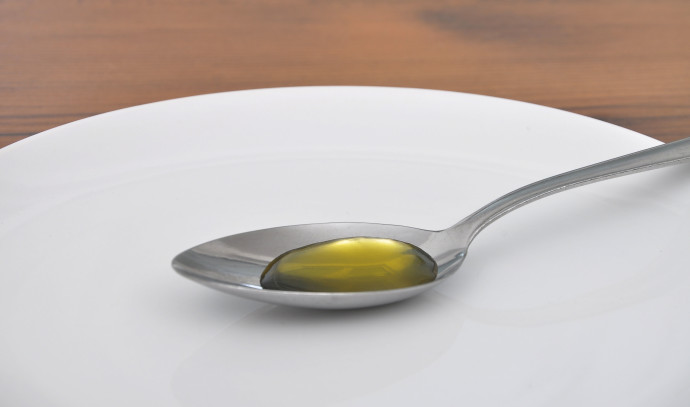In a recent study presented at the annual meeting of the American Society for Nutrition in Boston, Massachusettes, researchers suggest that people looking to maintain mental sharpness as they age might benefit from substituting margarine with olive oil.
The preliminary study, which involved more than 90,000 US health professionals, found that individuals who favored olive oil were less likely to die of dementia over the next three decades.
Comparing olive oil enthusiasts to those who rarely used it, the researchers discovered that those consuming more than half a tablespoon of olive oil daily had a 28% reduced risk of dementia-related mortality.
According to the study’s estimates, even a minor dietary change could yield significant results. Replacing just one teaspoon of margarine with an equivalent amount of olive oil might trim the risk of dementia-related death by up to 14%.
The findings aren’t conclusive yet
While the findings are considered preliminary and have not yet been published in a peer-reviewed journal, experts acknowledge that studies like this can indicate correlations rather than definitive proof of olive oil’s protective effects on the aging brain.
However, omega-3 fatty acids present in olive oil are known to offer anti-inflammatory benefits, and this is one possible reason why regular consumption of olive oil could be beneficial for brain health. Inflammation is believed to play a role in the development of dementia.
Moreover, previous studies have linked the Mediterranean diet, renowned for its abundance of olive oil, to improved memory and cognitive abilities in older adults and a lower risk of dementia. The latest study, however, suggests that the benefits of olive oil go beyond the overall diet’s effects.
Anne-Julie Tessier, a postdoctoral fellow at the Harvard School of Public Health and one of the researhcers, highlights that even when considering diet quality, the association between olive oil and reduced dementia risk persists.
While olive oil’s positive impact on cardiovascular health has been previously observed, Tessier’s team found that improved cardiovascular health did not entirely explain the link between olive oil and a lower risk of dementia in the study participants.
Instead, the researchers suggest that the nutrients present in olive oil, which has polyphenols with anti-inflammatory and antioxidant properties, might contribute to its protective effects.
However, the study does not offer a definitive explanation for the “why” or the “how” behind the observed effects. Tessier advises people to consider replacing their margarine with olive oil, although she acknowledges that cost can be a consideration for some.
Experts stress that there is no single magic solution to prevent dementia, and a combination of factors including lifestlye and environmental factors, plays a crucial role in healthy brain aging.
The Alzheimer’s Association is currently conducting an ongoing trial to assess wether lifestyle changes, such as a diet rich in plant foods, regular exercise, and mental stimulation, can slow cognitive decline in older adults.



